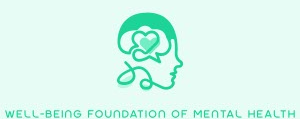|
(This information is reprinted, with permission, from the Post Trauma Symptoms In Children PTSD may develop in children. Their responses The following signs may be seen in children following trauma, but do Reliving the Trauma In traumatised children, reliving may occur in:
Avoidance and Numbing While less common in children than in adults, the following signs may
Arousal Following trauma, children may become tense and frightened. This may
Associated Problems Children may develop several associated problems
Occasionally, these problems may be delayed until some time after the How Can You Help? Parental responses are very important in helping the child to cope with Like adults, most children’s reactions diminish over time. Parents and
When To Seek Assistance Like adults, most children will adapt and grow through crisis with the If the following common reactions continue for more than a few days
If you are concerned, talk to your family doctor, community health centre, This page contains information about children and posttrauma reactions Contact THE AUSTRALIAN CENTRE FOR POST-TRAUMATIC MENTAL HEALTH (ACPMH):
Connect to ACPMHs website for more valuable information on Post-Traumatic
|
(Last Updated On: )
